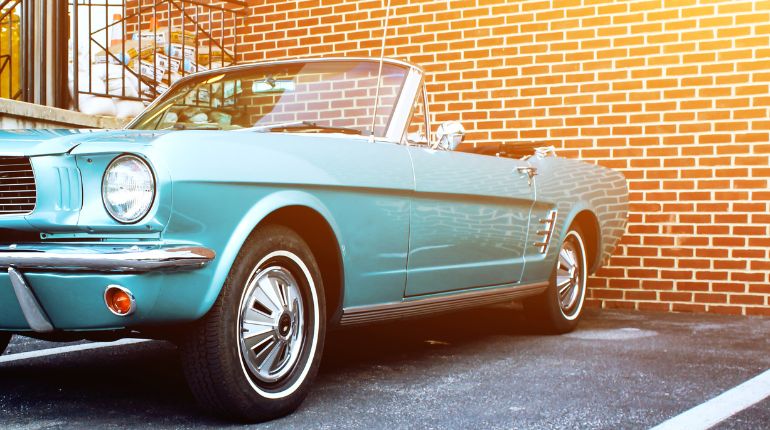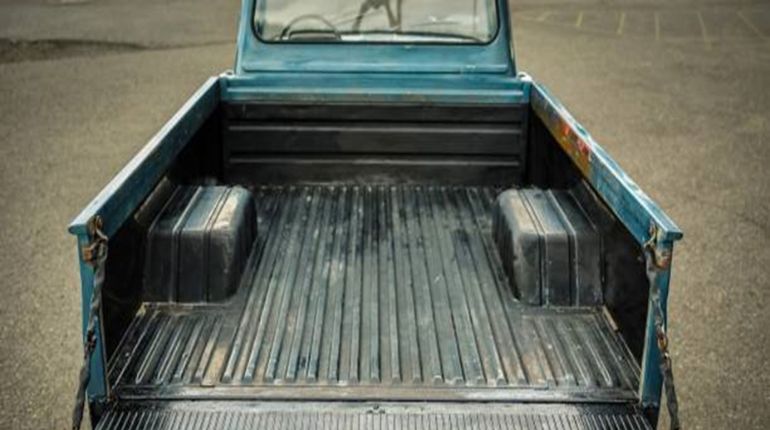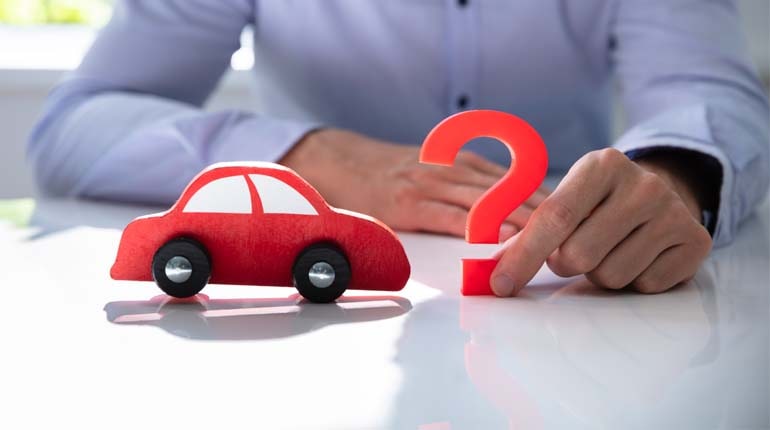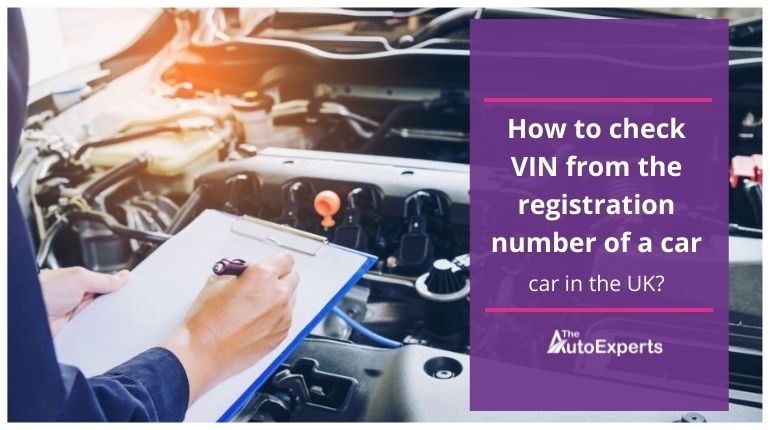DVLA Car Import & Export Checks: Most of us enjoy getting attraction when sitting in a unique imported car. A DVLA car import and export check discloses the vehicle’s import status.
If you decide to buy a used vehicle, you must do the DVLA car import check with the vehicle history check because buying an imported or exported vehicle has risks. But are you aware if a Vehicle has ever been recorded as an import or export? To help you make a wise decision, we have looked at the ins and outs of getting an imported car. And also, how could you avoid them with a car import and export check? Let’s get started.
Table of contents
- 1 Why is car import & export check important?
- 2 Types of imported used cars
- 3 How to check if a car is imported or exported?
- 4 Why are imported vehicles so expensive?
- 5 Points to remember:
- 6 Insurance advice for those buying an imported car
- 7 Insuring a grey import
- 8 Insuring a parallel import
- 9 Tips to get cheaper imported car insurance
- 10 Do imported cars have a VIN?
- 11 Importing a vehicle: procedures and checks
- 12 Ensuring compliance with safety and environmental standards
Why is car import & export check important?
The DVLA car import and export checks help you get an excellent deal as you can find a Full history of any UK vehicle. As you know, the shiny imported cars are expensive to maintain compared to the locally-manufactured cars and for good reasons. These vehicles are not made for your country. So, finding their spare parts is a hard nut to crack. Suppose you find a salvaged similar model spare part that will cost more. Sometimes, the spare parts price exceeds the car’s lifetime cost and could be a high risk.
Types of imported used cars
Three types of UK car imports are available:
- Grey Imported Vehicles
- Parallel Imported Vehicles
- And Personal Imported Vehicles
Grey imported vehicles:
The grey imported vehicles don’t fit in the EU benchmarks. Commonly, they are high-detail Japanese or American models. Such cars aren’t easily accessible and are the hardest to insure. They have expensive spare parts and repair costs, which is a reason for complex insurance procedures. Furthermore, grey imported vehicles have a high risk of robbery. So, performing a detailed car import check with The Auto Experts could save you thousands of pounds.
Parallel imported vehicles:
Parallel imports are cars with specifications and standards comparable with the UK models. They are usually EU imports. Therefore, they comply with the UK vehicle guidelines and are risk-free. The parallel imported vehicles have cheap spare parts readily available in the UK. Thus, such Vehicles are accessible and affordable to insure. However, they might have some non-standard specifications, allowing insurance companies to increase premiums.
Personal imported vehicles:
Personal imports require you to import a vehicle through a vendor. Depending on the car you wish to buy, it could be a grey or parallel import. However, it’s your responsibility to enroll, tax, and ensure the vehicle – no matter the cost.
You will require insurance protection if you wish to bring your car to the UK and are a non-citizen. You should inform the insurer about the import if it’s an imported model. And if you need to learn about your vehicle’s origin, check the DVLA V5 record.
How to check if a car is imported or exported?
Knowing the car’s import/export status is easy and free. All you need is the car’s registered number plate. Now, look for a search bar and enter the registration number in the box. That’s it. The Auto experts will provide import/export status and other cars’ basic information for free.
However, it’s essential to understand the different types of imported cars. They are distinct and have various associated risks. So, understanding all kinds is crucial to knowing the car’s actual worth.
Why are imported vehicles so expensive?
Replacing the spare part with a substitute is not a good idea. It will bring compatibility problems and will provide a different efficiency. Moreover, insurance companies demand a higher premium on imported vehicles.
Due to these reasons, imported vehicles involve heavy paperwork while selling them. They need to provide a better resale value. So, people avoid buying them. However, if you love the car, the car import and export check will give some reasons to bargain once it shows “imported”
Points to remember:
If you wish to import a car, it will require some formalities and documentation. It’s easy but certainly time-consuming for non-professionals. However, you can always hire an importer to complete the following formalities. Or do them yourself:
- Inform HM Revenue and Customs (HMRC) about the car import and export checks within two weeks.
- Get approval by proving your vehicle is entirely safe for UK roads.
- Register your car with the DVLA.
- Get car insurance to drive on UK roads legally.
Insurance advice for those buying an imported car
Yes, the imported vehicle is unique and flashy, but its insurance is expensive. Due to the spare parts, the non-EU models are complex and costly to insure. Since the car isn’t standard, its spare parts are rare and expensive. The insurance premium price depends on the type of import. Here are the details:
Insuring a grey import
The grey imports are the non-standard vehicles designed outside the EU. Usually, they have higher specifications, power, weight, and suspension. Sometimes the electronics are different too. Therefore, its spare parts are rare and expensive, which can have a knock-on effect on imported vehicle insurance – the main reason for higher premiums.
Apart from the spare parts, grey imported vehicles are more likely to get into accidents, as per the statistics. The specifications are higher and unusual for UK roads. So, the insurance agencies usually don’t provide insurance for such vehicles.
Insuring a parallel import
The parallel imports are vehicles designed for the EU market. They have specifications that are safer for a drive on UK roads. Moreover, their spare parts and repair are cheap and readily available. Therefore, insurance companies provide insurance quickly and at more affordable prices.
However, the premiums are more likely to increase if the specifications differ from the EU standards. For example, the premium is higher if it’s a left-hand drive car. Still, ensuring a parallel import car is much easier than a grey import.
Tips to get cheaper imported car insurance
- It pays to shop around –usually, the insurance companies, especially for imported cars, provide cheaper imported car insurance. So, doing your homework would save you some pounds.
- Take a sensible decision –the car’s sleek and flashy look is attractive when you can afford to cover its insurance. The more the imported car looks flashy, the higher the premium would be
- Change isn’t always good – the imported car with altered modifications would cost you more to insure. Even if the vehicle is imported, keep mods and upgrades to the lowest to get an insurance discount.
- Security matters –provide the insurer with proof of your car’s alarm and security systems. Or tell them the secure place you are going to park your vehicle. Such factors convince the insurers to provide a discount.
Do imported cars have a VIN?
When car owners consider import and export, they must know that imported cars have a VIN or Vehicle Identification Number.
This number has 17 characters, which differs from the car’s registration number. It helps authorities inventory car imports and exports and indicates ownership in car theft cases.
The VIN is usually displayed on the car’s dashboard near the windshield but can also be found in other parts, such as the engine bay and door jambs.
Knowing about the car’s VIN is essential for anyone considering car imports and exports to ensure their safety and security.
Importing a vehicle: procedures and checks
Importing a vehicle requires adherence to specific procedures and checks the importing country imposes. These may include verifying the vehicle’s compliance with safety and emissions standards, conducting inspections, and paying import duties and taxes. Understanding the import process and fulfilling the requirements is crucial to avoid delays or penalties.
Ensuring compliance with safety and environmental standards
Importing or exporting a vehicle often requires meeting safety and environmental standards set by both the exporting and importing countries. This section highlights the importance of compliance with these standards and discusses common certifications and inspections needed to ensure the vehicle’s eligibility for import or export.
Conclusion
The imported vehicles come with expensive insurance deals. Sometimes, the insurance companies won’t even provide insurance. For that reason, most people avoid buying imported cars. That’s one of the reasons you can get a discount from the seller.
However, it’s only possible if you know it’s an import. So, get a free car import to check at The Auto Experts to know what you are buying. If you have any doubts about a vehicle, check to see if it has ever been exported or imported for free.
Answering your questions
How do you tell if a car is a UK import?
You can get the entire UK history on a UK number plate using The Auto Expert. We will give you the UK history and car import and export checks for previously imported and Irish-plated UK cars.
Do you have to pay tax on imported cars?
In theory, this is quite simple: the US levies an import tariff on all imported vehicles based on their value at the time of purchase. It’s charged at 0-2.4% for motorcycles, 2.5% for cars, and 25% for trucks and lorries.
Do UK customs take a long time to clear a car?
For air freight imports, road freight imports, and all exports, the goods should be cleared within two hours after being submitted if you’ve provided the documents HMRC needs.
What information does a car import and export check provide?
The check provides details about the specific regulations, taxes, duties, safety standards, and documentation needed for importing or exporting a car.








